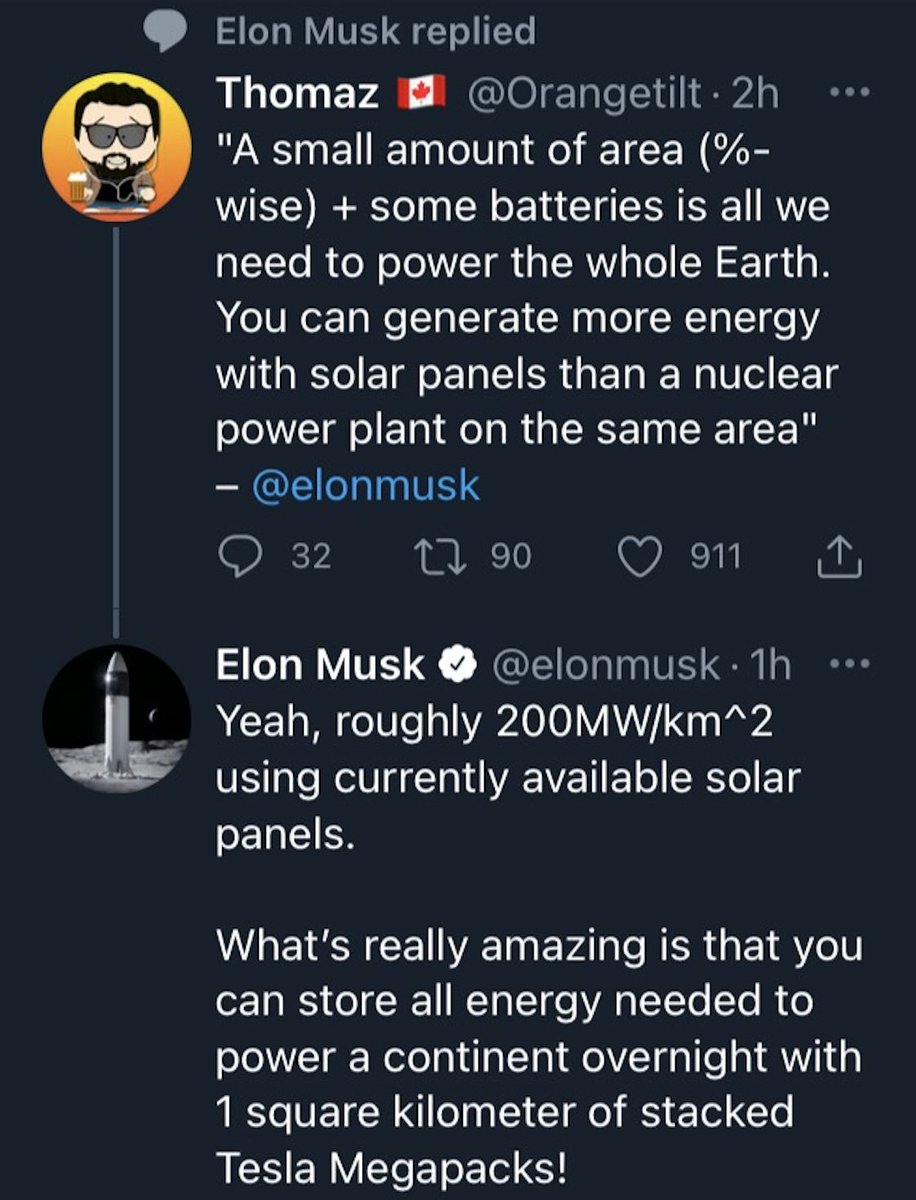
The National Association of Regulatory Utility Commissioners (@NARUC) has published a damning study of California's embrace of unreliable solar and wind, which has caused blackouts and will cause many more.
But the study's language is way too mild. So I will translate.
🧵
But the study's language is way too mild. So I will translate.
🧵
"California’s rapid and ongoing growth of intermittent resources like wind and solar has flourished, while baseload and dispatchable resources have declined."
= California cannot produce much of its needed electricity on demand.
= California cannot produce much of its needed electricity on demand.
"Significant loss-of-load events...often result from a combination of factors…. including: actual loads exceeding forecasts; significant variability in wind and solar output; reduced imports from neighboring states"
=
Many more blackouts as other states embrace unreliables.
=
Many more blackouts as other states embrace unreliables.
“In the past three years, California has closed 5,000 MW of gas generation in anticipation of building 3,000 MW of battery storage that is still on the drawing board. In a heat wave...this gap in resources came home to roost.”
=
Last summer's blackouts were preventable.
=
Last summer's blackouts were preventable.
"Relying primarily on battery storage additions to address near-term supply shortages poses reliability risks…. operators still have limited experience with dispatching batteries on the system…."
=
No one actually uses batteries to make unreliables reliable.
=
No one actually uses batteries to make unreliables reliable.
"even the most advanced batteries can provide continuous, stable energy output for limited durations (approximately four hours). Extreme heat waves can last for days…."
=
Batteries (made using Chinese fossil fuels) can't make unreliables reliable.
=
Batteries (made using Chinese fossil fuels) can't make unreliables reliable.
Here's a link to the @NARUC study on California's energy regression.
pubs.naruc.org/pub/55D05995-1…
And here's a link to @IERenergy's excellent article on the study.
instituteforenergyresearch.org/the-grid/decar…
pubs.naruc.org/pub/55D05995-1…
And here's a link to @IERenergy's excellent article on the study.
instituteforenergyresearch.org/the-grid/decar…
I love living in California so much, as do many others. Let's work hard to fire @GavinNewsom and replace him with someone who values energy and values freedom, so we don't have the tragedy of our favorite state becoming a third-world state.
• • •
Missing some Tweet in this thread? You can try to
force a refresh




